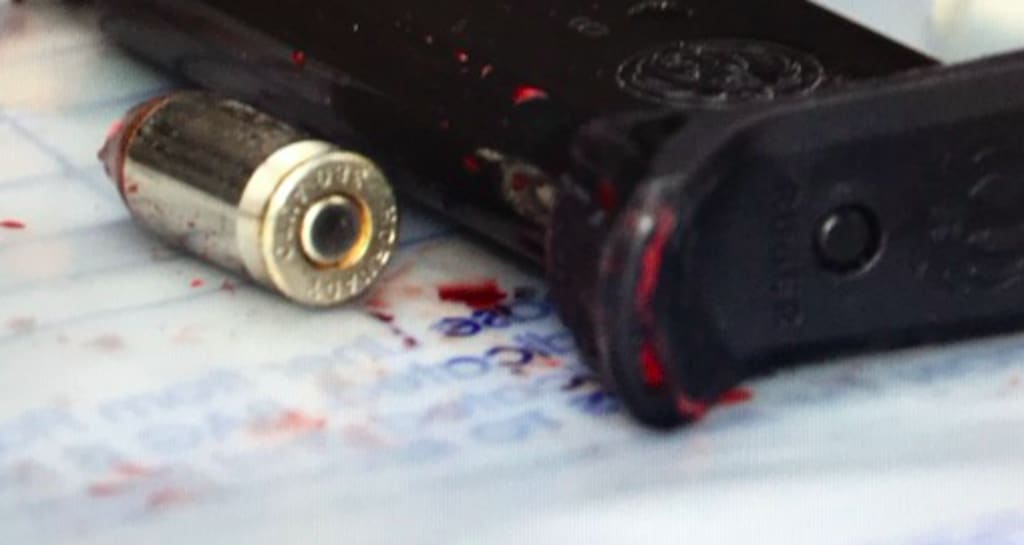The Anonymous
The Beginning of Life as a Death Investigator

Death investigation and forensics are career fields that are booming. Everyone knows that this "boom" is due to the glamorization of the field as portrayed in shows such as CSI, NCIS, Bones, Law & Order, etc.
However, many people don't know how many jobs are in forensics, and that each one is different in many ways. A "crime scene technician" and "forensic scientist" are usually not the same thing, though a deputy "coroner" and "death investigator" are... It comes down to the hiring department; what they name the position, the job duties, and what education/experience is necessary for the job.
I am a death investigator in the medicolegal field. I am not a doctor. The kinds of scenes I respond to are deaths that are unnatural, unwitnessed, or suspicious. My personal job is through the county, though there are jobs on the federal level or private field.
As a death investigator, I work alongside law enforcement, but not for them. I try my best to remain unbiased, since my job is not to catch the bad guy. I respond to scenes to determine the cause and manner of death. I document the body and anything at the scene that is relevant to the individual's death. I examine the body and determine if further testing or examination is necessary. This means, can I release the body to the funeral home, or do I need to draw toxicology or schedule an autopsy?
That is what I mean when I stated, I do not work for the police. The Coroner's/Medical Examiner's Office has full jurisdiction over a dead body. We respect the police and allow them to do their investigation, but they cannot order us to do anything we do not see necessary. Politics can be a big player in this game, but one tries their best to stay firm and professional.
As for myself, my specific title is a Deputy Coroner. This may draw the question of the difference between a Coroner and a Medical Examiner...
The easiest way to explain it is that a Coroner is an elected position. Based on state or county requirements, essentially anyone can run for the position. Once elected, the newly appointed must obtain several credits and pass a test. The Coroner is usually not the one to respond to scenes. He or she would appoint a Chief Deputy Coroner to oversee Deputy Coroners. These are the individuals who respond. The Coroner is essentially the public face and in charge of administrative and political duties. However, I'm sure there are many places in America that the death toll is low, and the Coroner is, indeed, the one to respond. Coroner's usually need to employ forensic pathologists to perform autopsies.
A Medical Examiner is an appointed position. This individual is a pathologist that specializes in forensics. Many times, these are the individual's who perform the actual autopsies, or may simply have a similar role as a Coroner (political/administrative). It truly depends on the location of the office within the country.
Due to high death tolls in more populated areas, a Medical Examiner is more common in cities, and a Coroner system is common in rural areas.
Follow my journey as a death investigator, as I anonymously discuss the many cases I've encountered. All names, locations, and specific details will be changed... but all stories are true.
About the Creator
A.N. Nelson
"It's our job to tell the stories of the dead."
Death Investigator. Traveler. Storyteller.
These are the stories encountered in my field.






Comments
There are no comments for this story
Be the first to respond and start the conversation.